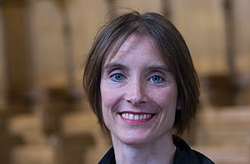In this guest post, Dr Julia Prest of the University of St Andrews describes how OpenScore has helped her and her students to translate a French opera into English.
“You’re suggesting I do what?” asked my inner voice, somewhat incredulously in summer 2013. “Are you really asking me to translate a whole opera?”, it continued: “That sounds impossible”. “That sounds interesting”, I heard my outer voice proclaim, rather more politely. And both voices were right. One of the stage directors of St Andrews Opera, now called Byre Opera, had just asked if I might be interested in preparing a translation of a French opera to be performed by the company in summer 2015. Later that week I sat in a university teaching committee meeting where the Deans exhorted us yet again to devise more innovative modules. “Why does everything have to be innovative?” grumbled my inner and outer voices in unison. And then it clicked: how about a module on translating opera? That would certainly be innovative; the first in the UK, in fact. As a graduate in Music and French and a member of the St Andrews Opera chorus, I was well-placed to teach this hypothetical course. I have always enjoyed teaching translation, which is a core feature of our language programme, and our students repeatedly ask for more training in this area. Moreover, in the absence of a formal Music degree (though we do offer a number of music modules), many of the most musically talented students at St Andrews study modern languages. The French cohort at the time included four outstanding singers whom one could realistically expect to sing in the performance of the opera, now identified as Gluck’s Iphigénie en Tauride, and who would surely want to take the module and contribute to the text that they would later sing. What I did not expect was for the module to be oversubscribed and to appeal to students with no prior interest in opera.
Student production of Iphigenia in Tauris by Byre Opera.
Photograph courtesy of Ben Goulter.
Opera is notorious for its elitist image, and translation is key to making it more accessible both to young performers and to a wider audience. But translating to fit pre-existing music is extraordinarily difficult: not only do you have to convey the meaning of the original in terms of plot, characterization and so on, but the translated text has to fit the music. Not just in terms of the syllable count, but also the word stress. So, crudely, stressed syllables and important words need to go on stressed musical beats (e.g. the downbeat) and on the longer, more prominent notes, which in turn necessitates moving things around and sometimes taking liberties with the meaning at the level of detail or nuance. Oh, and you want nice open vowels on any long high notes otherwise the singers will kick up a fuss. Without doubt, fitting the translation to the music was the greatest challenge for me and for my students. In practical terms, the two biggest remaining challenges were assessing the course as a French module and not as a music module (deciding what I could reasonably ask from French students in terms of musical ability and not penalizing those who had no prior musical training) and the practicalities of using scores and submitting the students’ final assignment.
Contrary to popular belief, not all students at St Andrews are wealthy and many of them balked at the prospect of buying the vocal score for a hefty £40. And even this did not solve the problem of working on the score throughout the semester (in pencil?) and then submitting final versions of portions of the opera for assessment at the end (in ink?). Being able to see how each student expected their translation to fit the music was essential, so we needed the text on the score; using a pencil to write in the text is problematic since it could become illegible and/or subject to change. The two options were to ink in the proposed translation thereby defacing the score or to use photocopies, which in turn raised unwelcome issues of copyright and fair usage. Thankfully, I was working with a group of willing students who were excited about the project and who were in due course thrilled to have their work (albeit substantially reworked by me) performed later that academic year and grumbles were minimal. But one cannot rely on good will for the ongoing success of a module.
I had in fact anticipated that FR4110 Translating French Opera would be a one-off, to coincide with Byre Opera’s production of Iphigénie en Tauride. But the module attracted considerable interest not only among our student body but also more widely. It was the object of a feature article in the Times Higher Magazine and I was later short-listed for the Times Higher Most Innovative Teacher Award 2016. I began to wonder about running the module again in spring 2017 with (since Byre Opera were to perform Janáček that year) a more restricted final performance requiring fewer resources. But what about the problem with the scores? I decided to consolidate what I’d learned and to translate the prequel, Gluck’s Iphigénie en Aulide this time, but the vocal score for this one cost a whopping £52. This is when MuseScore and the OpenScore project came to our rescue.
MuseScore's notation software allows translations to be added directly below the original lyrics.
Following an approach from the OpenScore team, the University of St Andrews and OpenScore agreed to collaborate on a pilot project to transcribe an uncopyrighted version of Gluck’s opera. Initially this was for the exclusive use of the students on my module, but the transcription will now be made publically available with due credit given to the University. Student testimonials confirm that they found this an extremely useful tool for a number of reasons. One student wrote:
As someone with only very basic musical knowledge, the MuseScore software helped bring the sheet music to life. This allowed me to better understand how my translation would fit alongside the music and led to what I believe to be a far superior translation than I would have otherwise been able to achieve. In addition, being able to access the score online allowed me to easily access the score and see how each syllable fitted with the notes, without having to buy the fairly expensive vocal score. I know that other students would greatly benefit from the opportunity to access such scores online free of charge.
(Jessica F., fourth-year student in French)
Another wrote:
MuseScore was an invaluable resource throughout Translating French Opera, making the module accessible to students without any formal musical education. The fact you can hear the pitch and rhythm of each note on the score meant a lack of technical knowledge was not a barrier to producing an effective translation. As the weeks went by, my ability to read music improved dramatically thanks to the possibility of hearing the notes while following them on the screen; I end the course with better musical as well as translation skills! Being able to hear the music also gave me the confidence to alter it where appropriate, because I could listen to my changes and check they corresponded to the rhythms in my head. MuseScore definitely enabled me to fully embrace and engage with this fascinating module.
(Rachel D., fourth-year student in French)
In short, we have found MuseScore to be a highly valuable pedagogical tool, and the OpenScore project will be crucial in making opera (and other forms of music) freely available to wider audiences across the world. Opera is – or could be – for the many and not for the few. See here for more details of my project on Translating Opera: New Languages, Audiences and Contexts (complete with photos of Byre Opera’s production of Iphigénie en Tauride):
https://www.st-andrews.ac.uk/modlangs/research/impact/iphigenie/
Dr Prest is a Reader in the School of Modern Languages at the University of St Andrews. Her research interests focus on early-modern French theatre, including ballet and opera. Dr Prest also lectures in this field, and in 2016 she was short-listed for the Times Higher Education Most Innovative Teacher Award for her module Translating French Opera.




